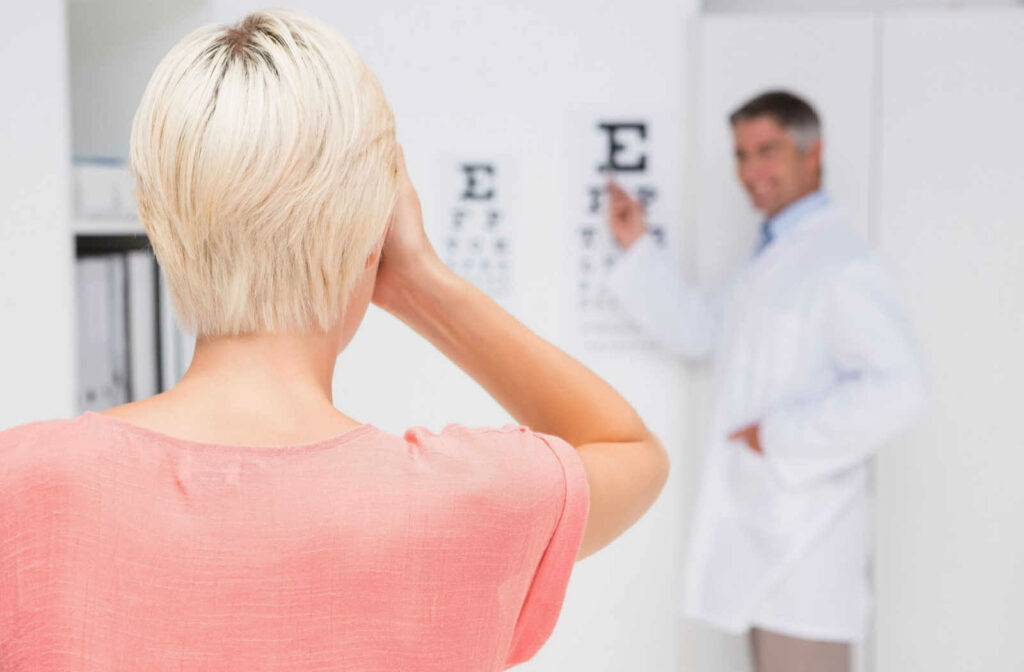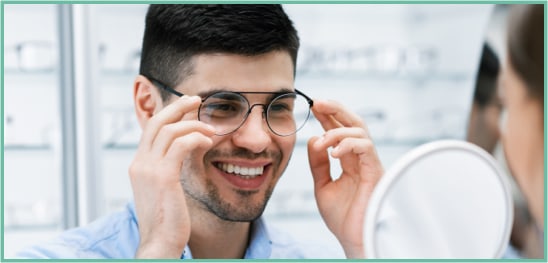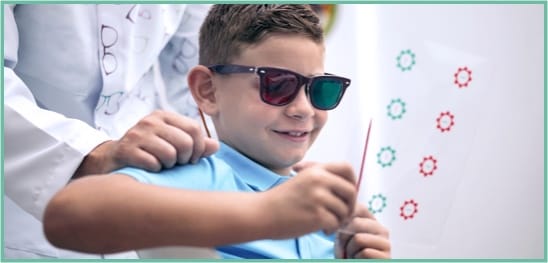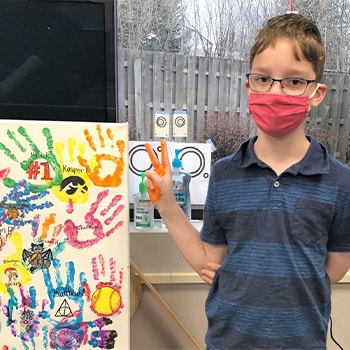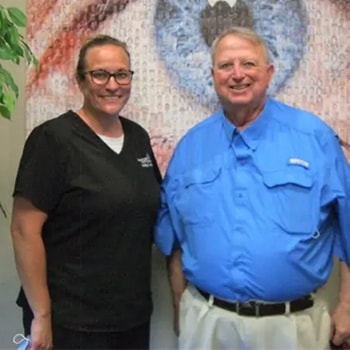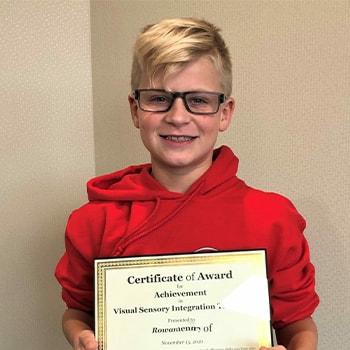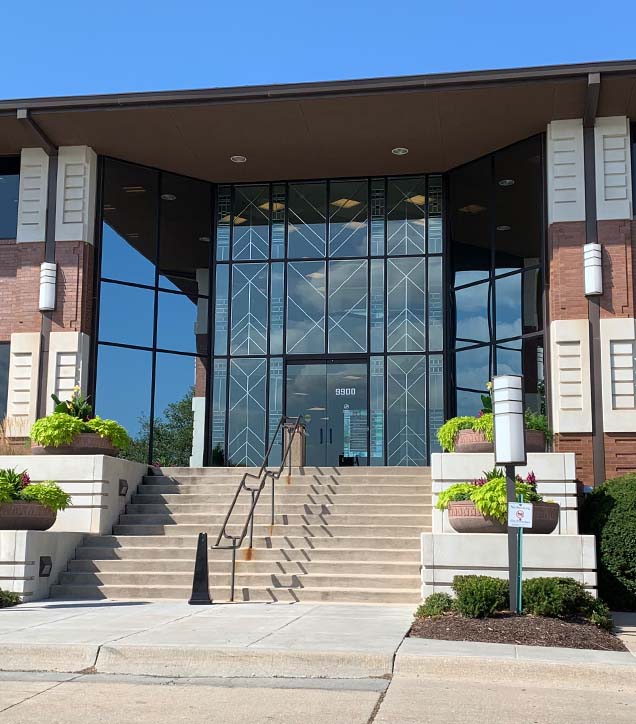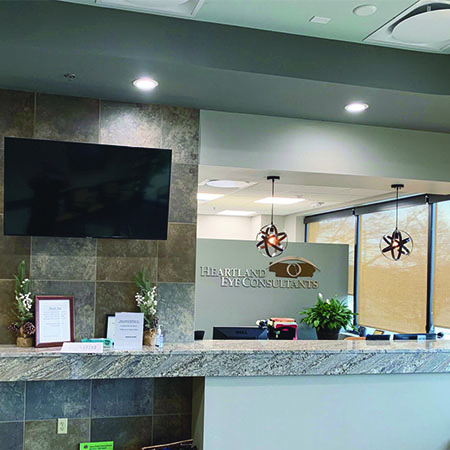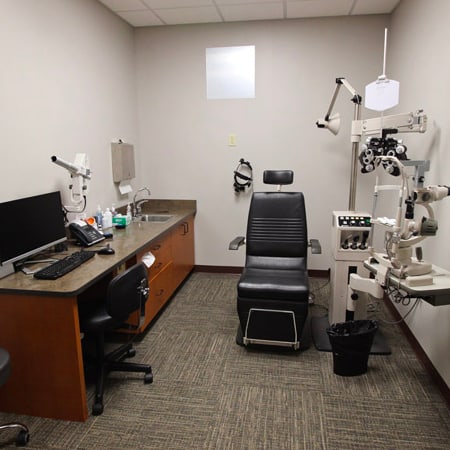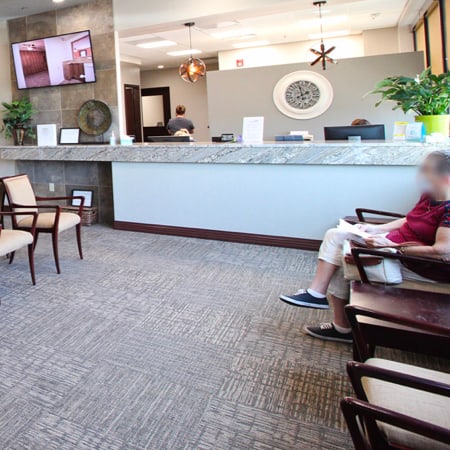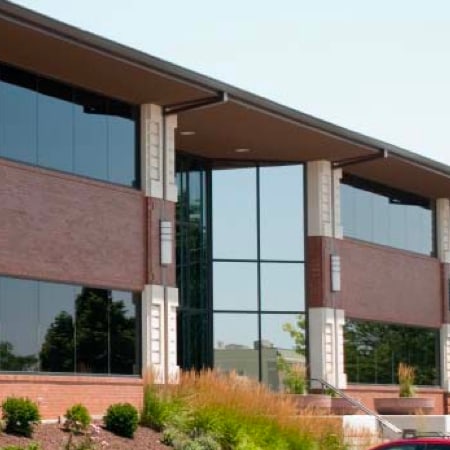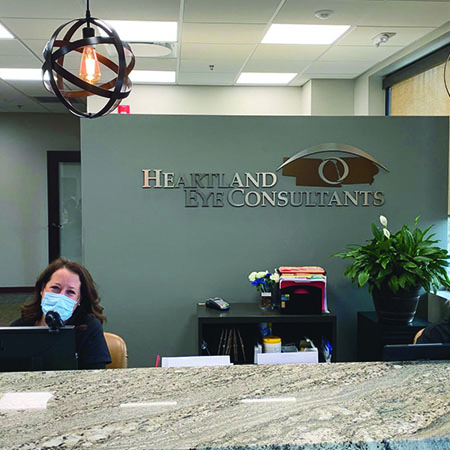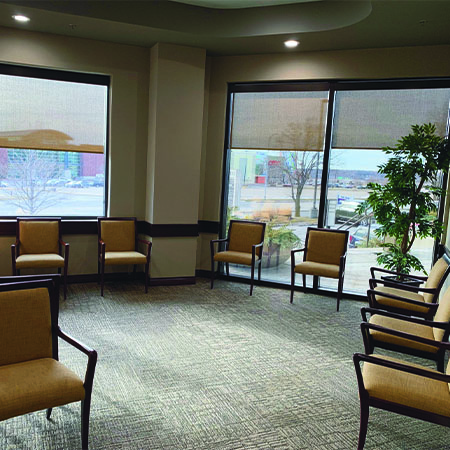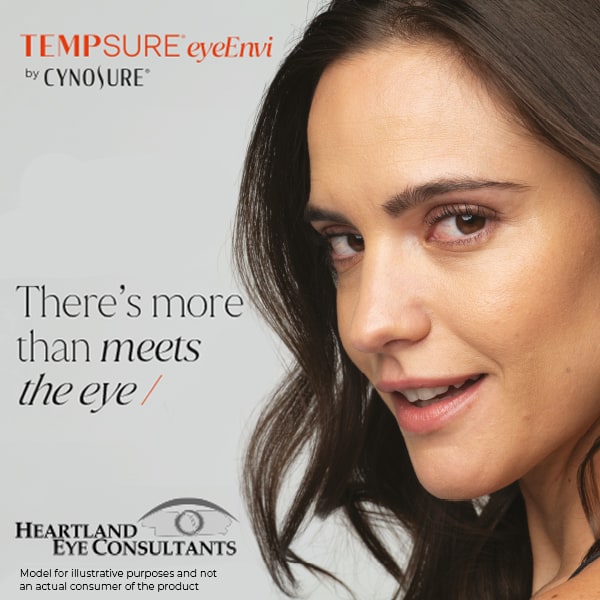What Is Healthy Vision?
When most people think of good vision, they likely think of how well they see and their ability to read letters on a chart. While 20/20 vision has advantages, it’s only one type of measurement. Many children and adults can still struggle with visual tasks even when their vision seems clear.
Healthy, comfortable vision requires the entire visual system to work together. For example, you may have a dominant eye (like having a dominant hand). Sometimes, a significant difference between your dominant and weaker eye can cause your eyes to stop working together—leading to lazy eye or other vision problems.
You may have heard it’s too late to treat an eye problem in adulthood or are unsure of your options. For many patients, the solution is vision therapy.
Can Vision Therapy Work for Adults?
Although eye doctors emphasize the importance of receiving treatment as soon as possible, it’s never too late for vision therapy. Children benefit from vision therapy because they’re in the early stages of visual development, meaning they’re learning everything—including vision—for the first time. With adults, you’re re-learning or changing how your vision works.
That might seem like a tall order, but thanks to neuroplasticity (the brain’s ability to adapt and change), you can retrain your brain throughout adulthood.
Vision therapy can help treat or improve various vision conditions, including:
- Amblyopia (lazy eye)
- Convergence insufficiency (eye teaming)
- Eye strain or digital eye strain
- Strabismus (crossed eyes or eye turn)
- Saccadic dysfunction (eye tracking)
- Traumatic brain injury (including concussion)
Many conditions that may initially develop in childhood can be overlooked until diagnosed in adulthood.
Amblyopia is estimated to affect up to 3% of children, yet traditionally treatment was offered for children under age 9. As medical knowledge advances, so do the options available for managing adult vision problems. Today, vision therapy can help with eye misalignment, whether the condition developed in childhood or adulthood.
What Is Vision Therapy?
Vision therapy is like speech therapy, a form of care for evaluating and treating how the brain is communicating with muscles of the body to carry out a certain task. However, while speech therapy may help you pronounce words more accurately, vision therapy helps the two eyes point together more accurately. The visual system includes the eyes, neural pathways connecting to the brain, and resultant signal back to the muscles to access information out in the world.
While the eyes are essential to vision, so are the pathways and parts of the brain responsible for understanding and interpreting visual information. In the initial stages of visual processing there are 2 streams of information, each accountable for interpreting signals from each eye. In a healthy visual system, the brain uses the separate signals to form one complete image.
From the eye, the optic nerve sends information gathered by the retina (the light-sensitive tissue at the back of the eye) through neural pathways to the occipital lobe. Then, the occipital lobes project the information to the brain for interpretation and instructions on how to act on that information. Some of the ways this may be carried out include:
- Face & object recognition
- Distance & depth perception
- Color determination
- Movement
- Memory information
Vision therapy considers the health of the whole visual process, relative to the individual’s goals in life, to create an individualized treatment program that enhances or restores visual skills. The customized program can include progressive therapies, technology, and optometric tools.
Vision Therapy for Trauma
While some vision problems can develop naturally during childhood, some vision challenges can result from an injury or trauma.
Trauma, or a health condition, can impact the function of your eyes, neural pathways, or brain. For example, stroke, neurological issues, or traumatic brain injury (TBI) can complicate the communication between your eyes and brain, causing vision problems.
Neuro-optometric or visual rehabilitation uses vision therapy techniques to treat brain-related vision problems. Some common brain-related visual symptoms include:
- Eye fatigue or headaches
- Eye focusing or reading problems
- Eye movement issues
- Eye teaming problems (or double vision)
- Light sensitivity
- Motion sensitivity
- Blurred vision
Visual rehabilitation can strengthen visuals skills and train neural pathways to improve various vision conditions or improve your ability to function with visual conditions, such as:
- Accommodative dysfunction
- Convergence insufficiency
- Diplopia (double vision)
- Nystagmus (repetitive, uncontrolled movements)
- Vision loss or perception deficits
Sports Vision
Practice is essential for improving any performance skill. When you need help keeping up with the group or want a competitive edge, training helps sharpen crucial skills. Sports vision therapy focuses on visual skills required for athletic performance. Vision therapy for athletes can benefit children and adults.
Sports vision therapy can help develop or enhance:
- Concentration & focus
- Hand-eye coordination
- Depth perception
- Peripheral vision
- Reaction time
- Visualization
- Visual memory
Can Vision Therapy Benefit You?
Vision therapy is an option for adults and children. At Heartland Eye Consultants, we love sharing our patient’s success stories, as their experiences can inspire patients and parents. Look at real-life stories to see the difference healthy vision can make.When your visual skills are holding you back, contact us. With our step-by-step process, we can help evaluate your vision. After determining a diagnosis, we’ll design a customized treatment program. Get started today to see how vision therapy can benefit you or your child.


